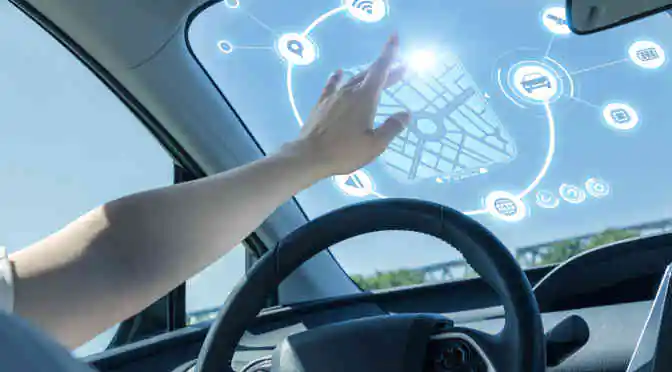There’s been a lot of hubbub recently surrounding Li-Fi, a possible Wi-Fi alternative that transmits high-speed data via LED lights.
In recent tests, the technology demonstrated data transmission rates of 1GB per second, about 100 times faster than Wi-Fi.
And while Li-Fi is still solidly in its development phase, the widespread internet access provided by the new protocol could have massive applications in smart homes, the Internet of Things and—most notably—smart cities.
What is a smart city?
The smart city concept is a framework for a specific vision of a modern urban development.
Boyd Cohen, an urban strategist working towards a low carbon economy, provided a comprehensive overview of the smart city concept in a Fast Company article:
While some people continue to take a narrow view of smart cities by seeing them as places that make better use of information and communication technology (ICT), the cities I work with…all view smart cities as a broad, integrated approach to improving the efficiency of city operations, the quality of life for its citizens, and growing the local economy.
While Cohen has a good point in saying that smart cities can’t simply be boiled down to ICT, the IT angle is still an essential consideration when we’re discussing how to enhance the quality and performance of services, and reduce costs and resource consumption.
An entire market has grown up around IT services for smart cities—a market that is expected to more than double in value over the next four years, reaching $44.72 billion in 2019.
Why smart cities?
In 2015, 53% of the world’s population lived in cities. In North America, this number was 81%, and these numbers are only expected to increase over the projected period.
Urbanization by continent in 2015
Source: Statista, Population Reference Bureau
This rapid urbanization is putting pressure on existing infrastructure. Governments globally are supporting urbanization for economic growth, but they need to change how cities function in order to accommodate larger populations and developing urban centers.
To do this, governments are partnering with private companies like major IT players and network service providers to help manage energy, water, transport, health, and education.
IoT backing smart city initiatives
The Internet of Things (IoT) has become a key component of the smart city concept, with the number of interconnected things in smart cities is expected to hit 2.67 billion in 2017.
These next-gen cities require a large number of interconnected machines, sensors, actuators, and other objects to run efficiently, and IoT technology enables planners to gain insights into different aspects of city management.
For more on smart cities, check out Technavio’s new report.



